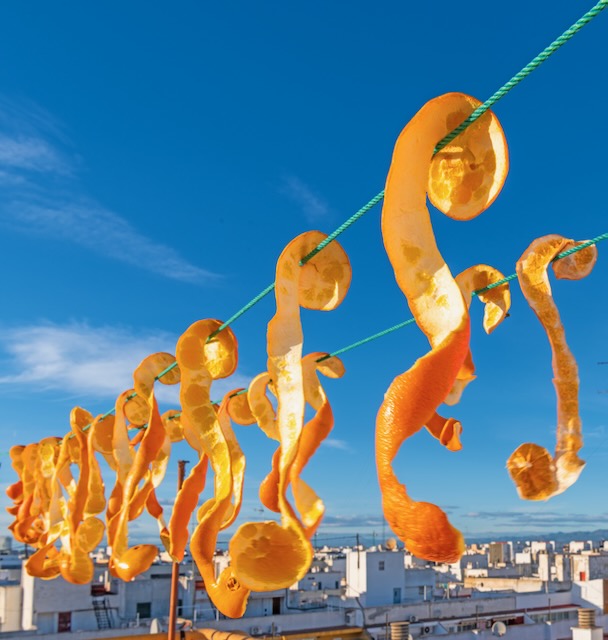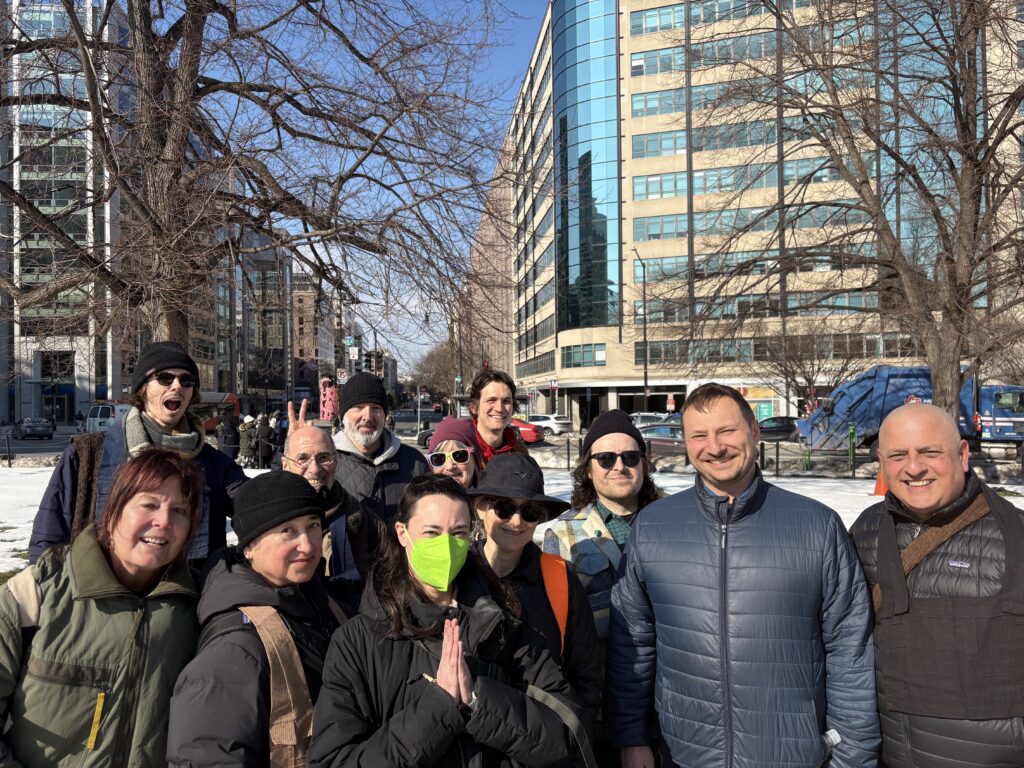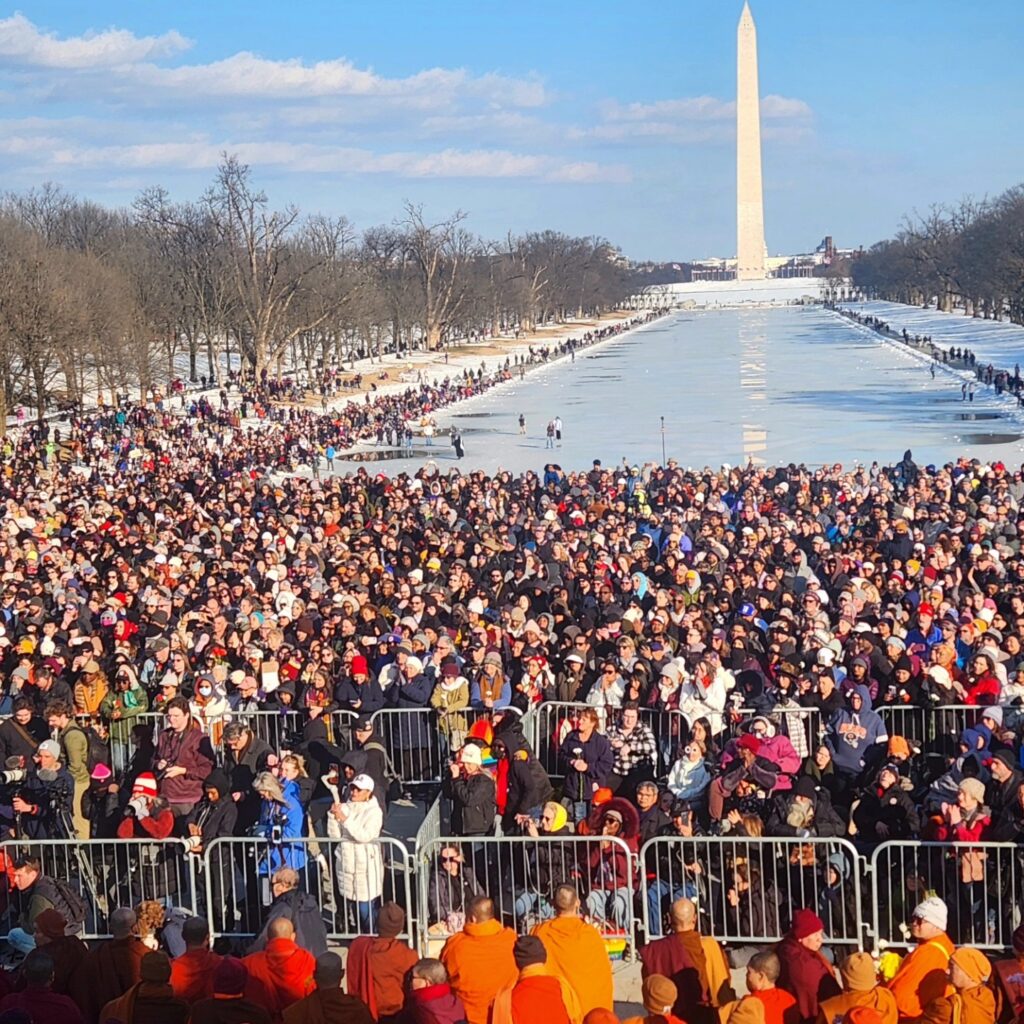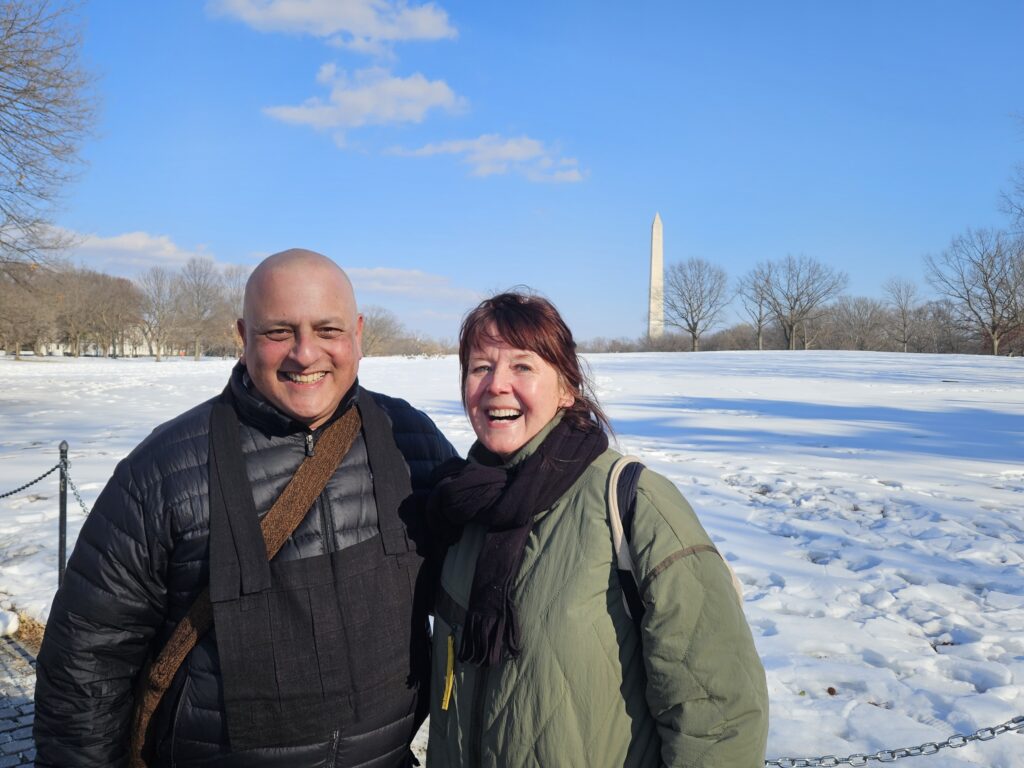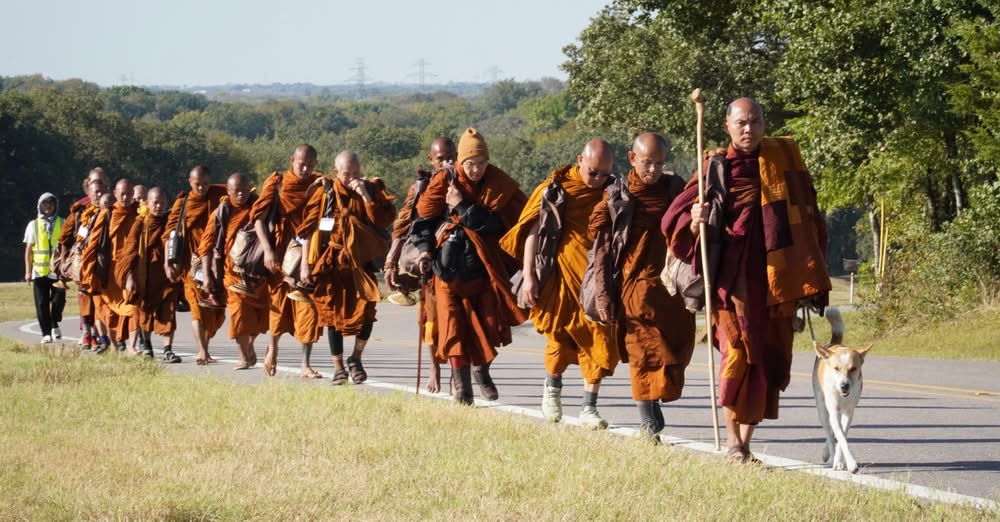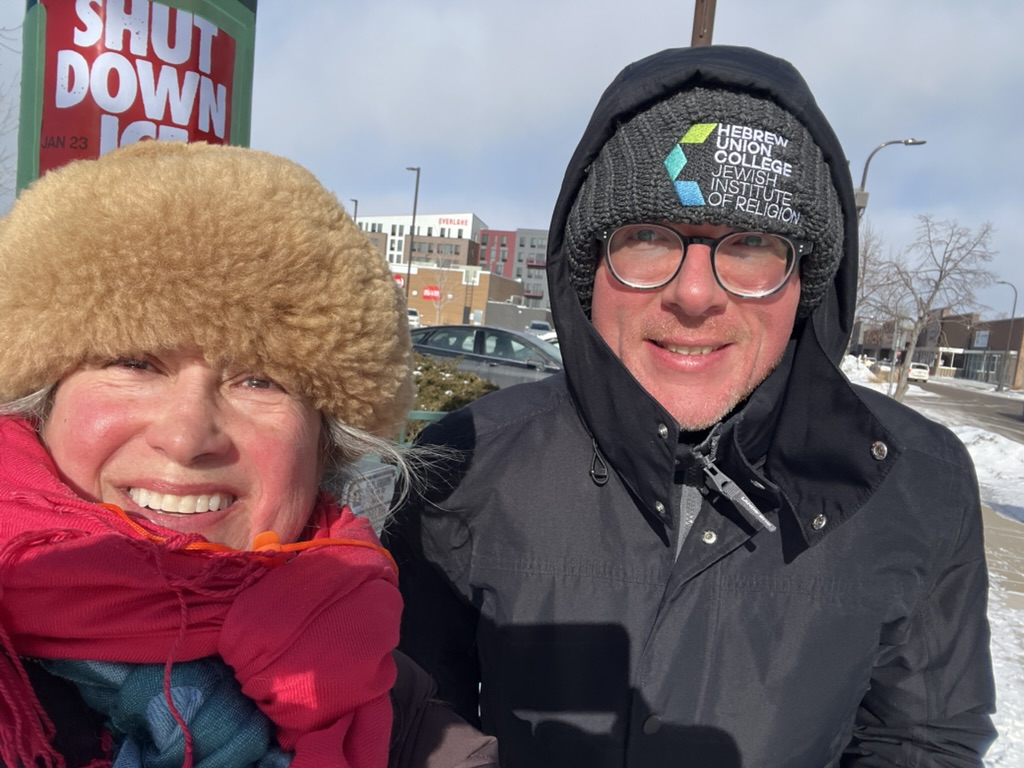Use this link to join. If asked use this password 899367
January 26 – 6:30am Zazen and Service (Online ONLY; Zendo closed, due to inclement weather)
January 26 – 6pm Monthly Dharma Book Club – Kokoro by Natsume Soseki led by Shoku Cristina Benavides
January 28st – 6:30am Zazen and Service (Online ONLY; Zendo closed, due to inclement weather)
January 29th – 7pm Zazen and Dharma Talk (Online ONLY; Zendo closed, due to inclement weather)
January 30rd – 6:30am Zazen and Service (Online ONLY; Zendo closed, due to inclement weather)
February -02nd – 6:30am Zazen and Full Moon Ceremony
February 04th – 6:30am Zazen and Service. Online and in person
February 05th – 7:00pm Zazen and Service. Online and in person
February 06th – 6:30am Zazen and Service. Online and in person




